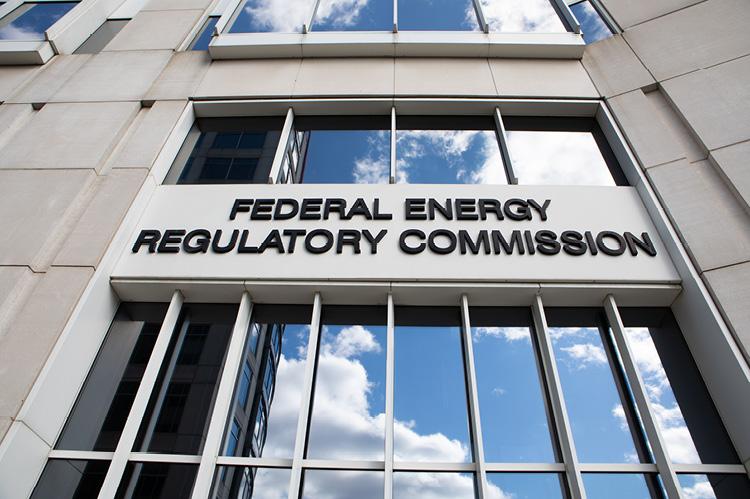FERC Approves Venture Global’s LNG Project Despite Environmental Concerns

The Federal Energy Regulatory Commission (FERC) has approved the construction and operation of a long-opposed liquefied natural gas (LNG) export plant in Louisiana.
The Commission approved Venture Global LNG's Calcasieu Pass 2 project in a 2-1 vote, allowing the multibillion-dollar facility that would superchill natural gas for export to markets in Europe, Asia, and the United States.
“This project will be critical to global energy security and supporting the energy transition, as well as provide jobs and economic growth across Louisiana and the United States," Venture Global said in a statement after the vote.
The project, which has been long-opposed by environmentalists, also includes a 137-kilometer pipeline.
Outgoing FERC Commissioner Allison Clements dissented, citing concerns about greenhouse gas emissions.
According to Clements, these projects “will have enormous emissions of greenhouse gases, equivalent to putting more than 1.8 million new gas-fueled cars on the road each year."
Environmental groups have been criticizing the project, arguing that it promotes fossil fuel dependence and harms local communities and the global climate.
FERC's approval makes Venture Global the second-largest LNG exporter in the U.S., behind Cheniere Energy. The Virginia-based company has two LNG facilities in Louisiana and plans to expand.
Following the approval, the project marks the first LNG project to be permitted since the Biden administration's January pause on new export permits.
The pause was aimed at reviewing economic and environmental impacts, and the review is expected to conclude after the November presidential election.
Environmental activist Bill McKibben condemned the decision, calling it "a travesty for science and environmental justice," particularly given this summer's record-breaking heat wave.
